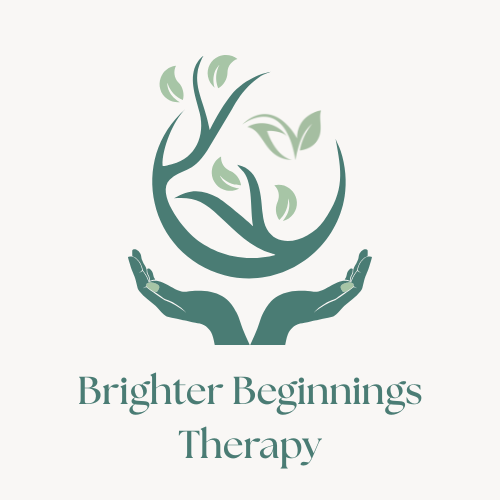This might sound like a crazy statistic, but the National Domestic Violence Helpline has collated data that shows people in abusive relationships take, on average, 7 times to leave for good.
That means that some people do it in less than 7 attempts and some people (like me) do it in more attempts. Mine was 8. That was 8 times when he left, or I forced him out (with help) but 7 of those times I let him back. Why?
Because I was weak? Because I enjoyed the abuse? No. Because I was so confused about my reality that I felt I had no choice. The promises, the begging, the threats against me and my son and our home. So, I would cave and let him back, and things would be ‘good’ for a few days. He would be kinder, he would spend time out with us, he would contribute money to the household, and we wouldn’t have to walk on eggshells. For a few days.
Inevitably, the abuse would return, and I would feel powerless to stop it. Regretting falling for the love-bombing again. But ultimately too exhausted to fight it. Until the next time.
When a narcissistic abuser erodes your self-worth you can start to believe that you must deserve the way they treat you. That you have fallen short in pleasing them and that it is your fault, you can be ‘hoovered’ back up and fall back under their control. Abusers will give you just enough to keep you coming back for more, but it cannot be maintained (nor do they want to maintain it). Gaslighting makes you doubt your own thoughts, feelings, and values and can cause anxiety, depression and serious mental health conditions. I was hearing voices, but I couldn’t understand what they were saying, they were just constantly shouting in my head and I was worried that I was losing myself so much that I couldn’t possibly be a good parent, that my child would be better off without me.
By the time I finally had the strength to get out of the relationship I was a shadow of my former self, one friend summed it up as I had lost my sparkle. It would take me many years to build up my self-worth again and counselling which helped me move past the trauma.
I saw a trauma specialist and we worked through a combination of working on acceptance, shedding the shame associated with letting an evil person into our home and family, re-building a relationship with my child, shedding trauma bonds, and finding some of my old sparkle again. Healing from trauma and abuse is possible. I couldn’t do it alone, I needed help. And I want to help as many people as possible to heal from their trauma and abuse. I want to give hope that healing is possible, if not easy.
If any of my story resonates with you, if you are attempting to leave or have left an abusive relationship, or if you are ready to work through past traumas to find your self-worth again please reach out. I can help you heal from trauma and abuse, there is hope.
I am a registered trauma therapist and I offer a free introductory call so we can discuss the best way forward for you safely. We can make a plan to increase your self-worth, build up resilience and free yourself from the effects of narcissistic abuse for a happier, healthier life. You CAN heal from trauma and emotional abuse.
Use the contact form to get in touch or call me, Lisa, on 0113 519 4603.
~ Lisa
There are things you can do if you feel that you are being coercively controlled or in an abusive relationship with someone:
- Women can call the National Domestic Abuse helpline run by Refuge on 0808 2000 247.
- Men can call the Men’s Advice Line on 0808 8010 327 or MenKind on 0182 3334.
- Speak to your GP or other health professional who can signpost you to local resources.
- You can go to the police. The police forces in the UK have specially trained officers who can offer advice on how to report coercive control and abuse.
Image credit: photo by Maciej Pienczewski on Unsplash
